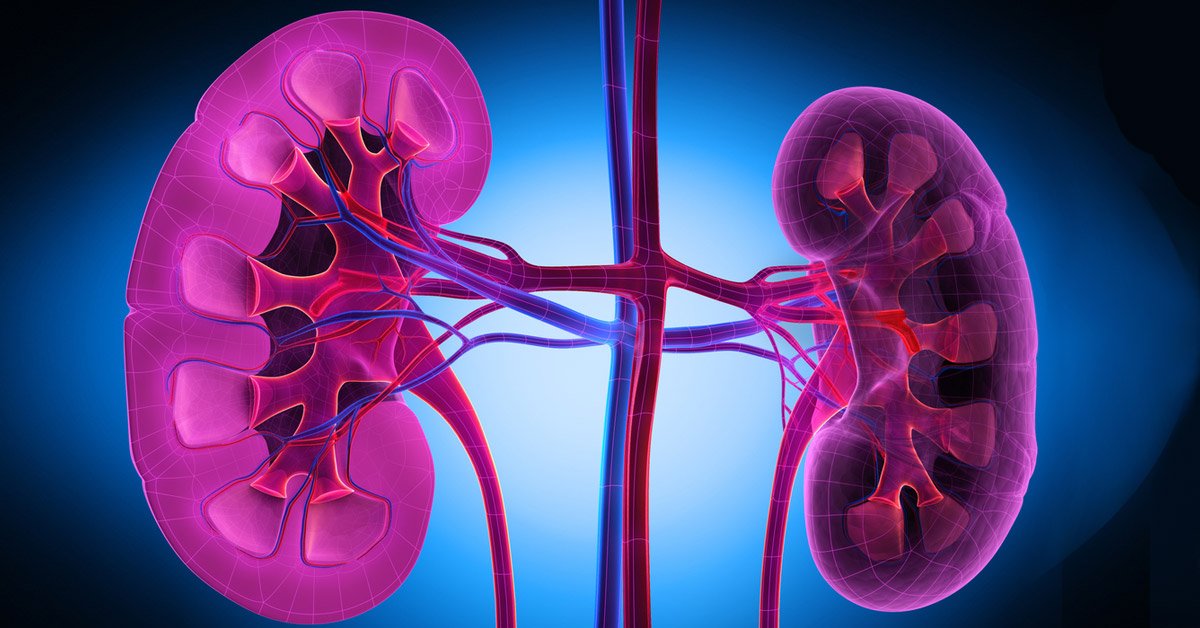Everest Medicines Doses First Chinese Patient in Global Phase 2b Trial of Zetomipzomib for Lupus Nephritis
22 July 2024 | Monday | News

Image Source : Public Domain
Everest Medicines (HKEX 1952.HK, "Everest", or the "Company"), a biopharmaceutical company focused on the discovery, clinical development, manufacturing and commercialization of innovative therapeutics, today announced that the first Chinese patient has been dosed with zetomipzomib in the global Phase 2b PALIZADE trial for the treatment of active lupus nephritis (LN). Zetomipzomib is a novel, first-in-class, selective immunoproteasome inhibitor with broad therapeutic potential across multiple autoimmune diseases.
"This is another milestone following the investigational new drug (IND) application approval by China's National Medical Products Administration (NMPA) this February. LN is the most common secondary immune-mediated glomerular disease, which may gradually lead to kidney failure. There are approximately 400,000-600,000 LN patients in China, highlighting the significant unmet clinical need," said Rogers Yongqing Luo, Chief Executive Officer of Everest Medicines. "Leveraging our strengths in clinical development, regulatory filing, and commercialization, we will accelerate its development to benefit patients in China as soon as possible. Renal diseases and autoimmune diseases are key therapeutic areas for Everest. The Company currently has three nephrology drugs in commercialization or clinical development stages. We will continue to advance the clinical development pipeline to reinforce our leadership in the fields of nephrology and autoimmune disease treatment in Asia."
In China, the 10-year renal survival rate of LN is 81% to 98%, making it a common cause of end-stage renal disease (ESRD) and a significant contributor to mortality in SLE patients. Despite recent advances in LN treatment options including the application of new immunosuppressive regimens, especially multi-targeted therapies, the flare rate of LN remains high (33% to 40%), leading to chronic kidney damage and progression to ESRD. Treatment-related complications, such as infections, diabetes, femoral head necrosis, and ovarian failure, are also important factors contributing to the decline in quality of life of SLE patients.
Everest joined Kezar Life Sciences ("Kezar") on PALIZADE, a global, placebo-controlled Phase 2b clinical trial evaluating the efficacy and safety of two dose-levels of zetomipzomib in patients with active LN. PALIZADE was initiated in mid-2023. In September 2023, Everest obtained exclusive rights to develop and commercialize zetomipzomib in Greater China, South Korea and Southeast Asia. In addition to LN, Everest and Kezar have the opportunity to collaborate on the development of zetomipzomib in other autoimmune diseases such as SLE and autoimmune hepatitis.
PALIZADE is a global, placebo-controlled, randomized, double-blind Phase 2b clinical trial evaluating the efficacy and safety of two dose levels of zetomipzomib in patients with active LN. Target enrollment will be 279 patients, randomly assigned to receive 30 mg of zetomipzomib, 60 mg of zetomipzomib or placebo subcutaneously once weekly for 52 weeks, in addition to standard background therapy. Background therapy can, but will not be mandated to, include standard induction therapy. Over the initial 16 weeks, there will be a mandatory corticosteroid taper to 5 mg per day or less. End-of-treatment assessments will occur at Week 53. The primary efficacy endpoint is the proportion of patients who achieve a complete renal response (CRR) at Week 37, including a urine protein-to-creatine ratio (UPCR) of 0.5 or less without receiving rescue or prohibited medications.
Most Read
- How Does GLP-1 Work?
- Innovations In Magnetic Resonance Imaging Introduced By United Imaging
- Management of Relapsed/Refractory Multiple Myeloma
- 2025 Drug Approvals, Decoded: What Every Biopharma Leader Needs to Know
- BioPharma Manufacturing Resilience: Lessons From Capacity Expansion and Supply Chain Resets from 2025
- APAC Biopharma Review 2025: Innovation, Investment, and Influence on the Global Stage
- Top 25 Biotech Innovations Redefining Health And Planet In 2025
- The New AI Gold Rush: Western Pharma’s Billion-Dollar Bet on Chinese Biotech
- Single-Use Systems Are Rewiring Biopharma Manufacturing
- The State of Biotech and Life Science Jobs in Asia Pacific – 2025
- Asia-Pacific Leads the Charge: Latest Global BioSupplier Technologies of 2025
- Invisible Threats, Visible Risks: How the Nitrosamine Crisis Reshaped Asia’s Pharmaceutical Quality Landscape
Bio Jobs
- Sanofi Turns The Page As Belén Garijo Steps In And Paul Hudson Steps Out
- Global Survey Reveals Nearly 40% of Employees Facing Fertility Challenges Consider Leaving Their Jobs
- BioMed X and AbbVie Begin Global Search for Bold Neuroscience Talent To Decode the Biology of Anhedonia
- Thermo Fisher Expands Bengaluru R&D Centre to Advance Antibody Innovation and Strengthen India’s Life Sciences Ecosystem
- Accord Plasma (Intas Group) Acquires Prothya Biosolutions to Expand Global Plasma Capabilities
- ACG Announces $200 Million Investment to Establish First U.S. Capsule Manufacturing Facility in Atlanta
- AstraZeneca Invests $4.5 Billion to Build Advanced Manufacturing Facility in Virginia, Expanding U.S. Medicine Production
News











